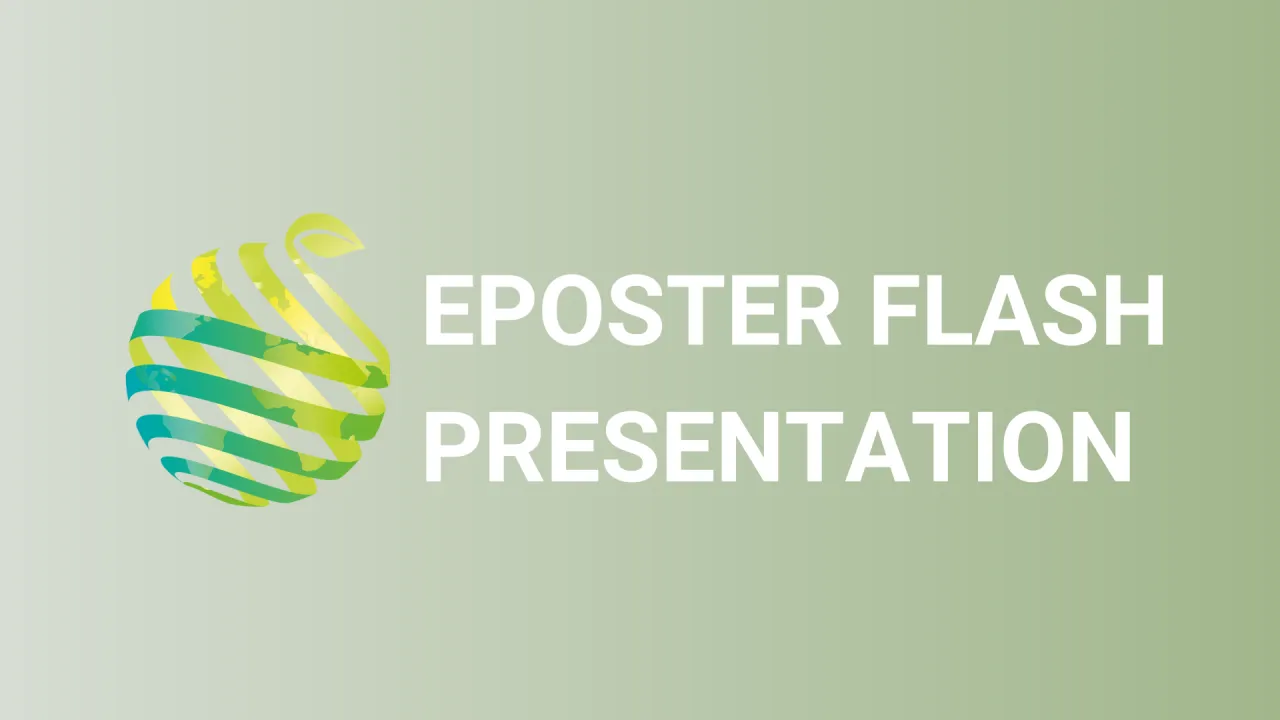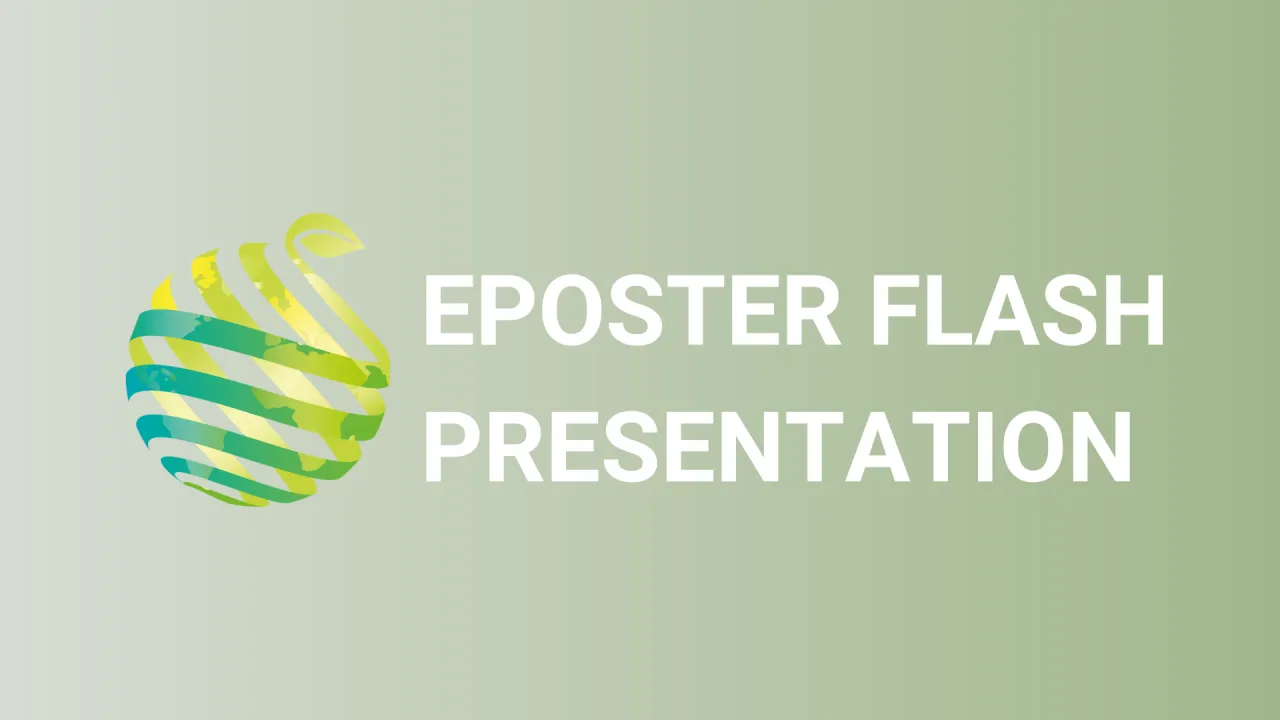

S09 - Session P5 - Exploring the Correlation Between Landscape Preference and Scene Using Neural Networks Model
Information
Authors: Yu Hsin Tung *, Li-Chih Ho, Chien-Chung Chen, Chun-Yen Chang
Landscape preference has been a critical factor that affects human health and well-being in landscape design and visual assessment (Hartig, 1993; Lothian, 1999; Tveit, 2009; Appleton, 1996; Kaplan & Kaplan, 1989; Kardan et al., 2015; Tveit et al., 2006). However, knowledge about the mechanisms and key features that affect preference remains limited. Considering environmental complexity, recent studies have tried to establish prediction models using scientific pathways to predict human responses (Bonner & Epstein, 2018; Ho et al., 2020) with machine learning models demonstrating a similar classification process to human perception (Rajalingham, 2018). This study explores the correlation between preference response and landscape scene photos using neural networks model prediction. More specifically, we utilize a deep convolutional neural network to provide insight into features relating to the mechanisms of biological data. Using the Scene Understanding dataset from a previous study (Chang et al., 2019), four participants were asked to score each scene according to how much they liked it during functional magnetic resonance imaging scanning. We first investigate the correlation between self-reported landscape preference and the neural network structure and then analyze the key features affecting brain activation. This research stands as an exploration of the landscape features that affect preference which can further our understanding of using CNN models in this area. Building from this research, the image dataset could be further used to identify positive landscape features and various environmental attributes to provide evidence and develop prediction models for healthy landscape design and its impact on human psychological responses.